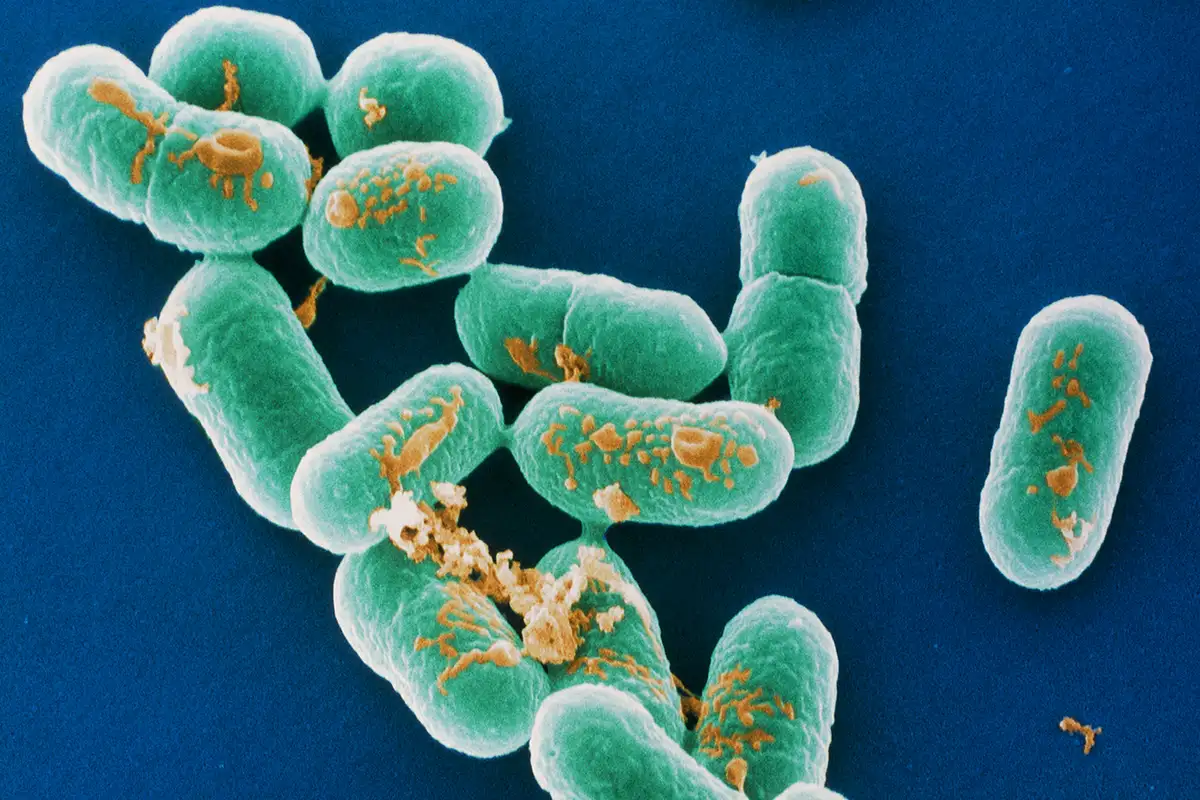State and local officials in Washington are currently investigating a severe outbreak of Listeria infections that has proven to be fatal.
On July 21, the Department of Health in Washington state reported that five adults over the age of 60 had been infected with Listeria monocytogenes, a bacterium that causes listeriosis. Sadly, three of these individuals have passed away from severe infections. According to the health department, all five individuals had compromised immune systems.
Out of the five adults who were infected with Listeria monocytogenes, three were male and two were female.
The health department is collaborating with the Washington State Department of Health and Thurston County Public Health and Social Services to investigate the outbreak, which has affected patients in their 60s and 70s with compromised immune systems.
Currently, state and local public health officials have not been able to identify the source of the Listeria bacteria responsible for the outbreak. As part of their investigation, they are conducting interviews with affected patients and their representatives to gather more information and develop a profile of the outbreak.
The Centers for Disease Control and Prevention (CDC) report that Listeria monocytogenes, a bacterium responsible for causing Listeria infections, is most commonly transmitted through the consumption of contaminated food. This infection can have serious consequences for those with weakened immune systems, pregnant women, and older adults.
About Listeria
According to the CDC’s website, approximately 1,600 cases of listeriosis occur in the United States each year, resulting in around 260 deaths. The individuals at the highest risk of developing severe cases of listeriosis include pregnant women, newborn babies, adults over the age of 65, and individuals with weakened immune systems.

Even if food contaminated with Listeria monocytogenes does not appear or smell spoiled, it can still lead to severe and potentially life-threatening infections.
Pregnant women, the elderly, young children, and individuals with weakened immune systems, such as cancer patients, are at a higher risk of developing severe illnesses, life-threatening infections, and other complications.
Although pregnant women infected with Listeria may experience mild flu-like symptoms, it can lead to serious health issues for their unborn child.
Symptoms and Prevention
It is important for anyone who experiences symptoms of Listeria infection, such as vomiting, nausea, persistent fever, muscle aches, severe headache, and neck stiffness, to seek medical attention and inform their healthcare provider of any possible exposure to Listeria.
It can take up to 70 days after exposure to Listeria for symptoms of listeriosis to appear, and diagnosis requires specific laboratory tests as the symptoms may resemble those of other illnesses.
In addition to the more severe symptoms of listeriosis, such as fever, muscle aches, and headache, individuals infected with Listeria may also experience intestinal illness, including diarrhea and vomiting, which can last for one to three days and typically starts within 24 hours of consuming contaminated food.
Diagnosis of listeriosis is confirmed through laboratory tests of blood, spinal fluid, or placenta. If an individual is diagnosed with invasive listeriosis, antibiotics are the most common treatment.
The CDC recommends that individuals in high-risk groups avoid consuming certain foods that are more likely to be contaminated with Listeria monocytogenes. These foods include soft cheeses, deli meats, cold cuts, hot dogs, fermented or dry sausages, pâté or meat spreads, cold-smoked fish, sprouts, melons, and raw (unpasteurized) milk and milk products.

The Tacoma-Pierce County Health Department, Thurston County Public Health and Social Services, and the Washington State Department of Health are jointly investigating the listeria infections. As part of their investigation, they are conducting interviews with patients and their families to identify any common exposures that could have led to the outbreak.
Based on genetic fingerprinting results, it is highly likely that the affected individuals contracted the infection from the same source of contaminated food, according to the statement.













